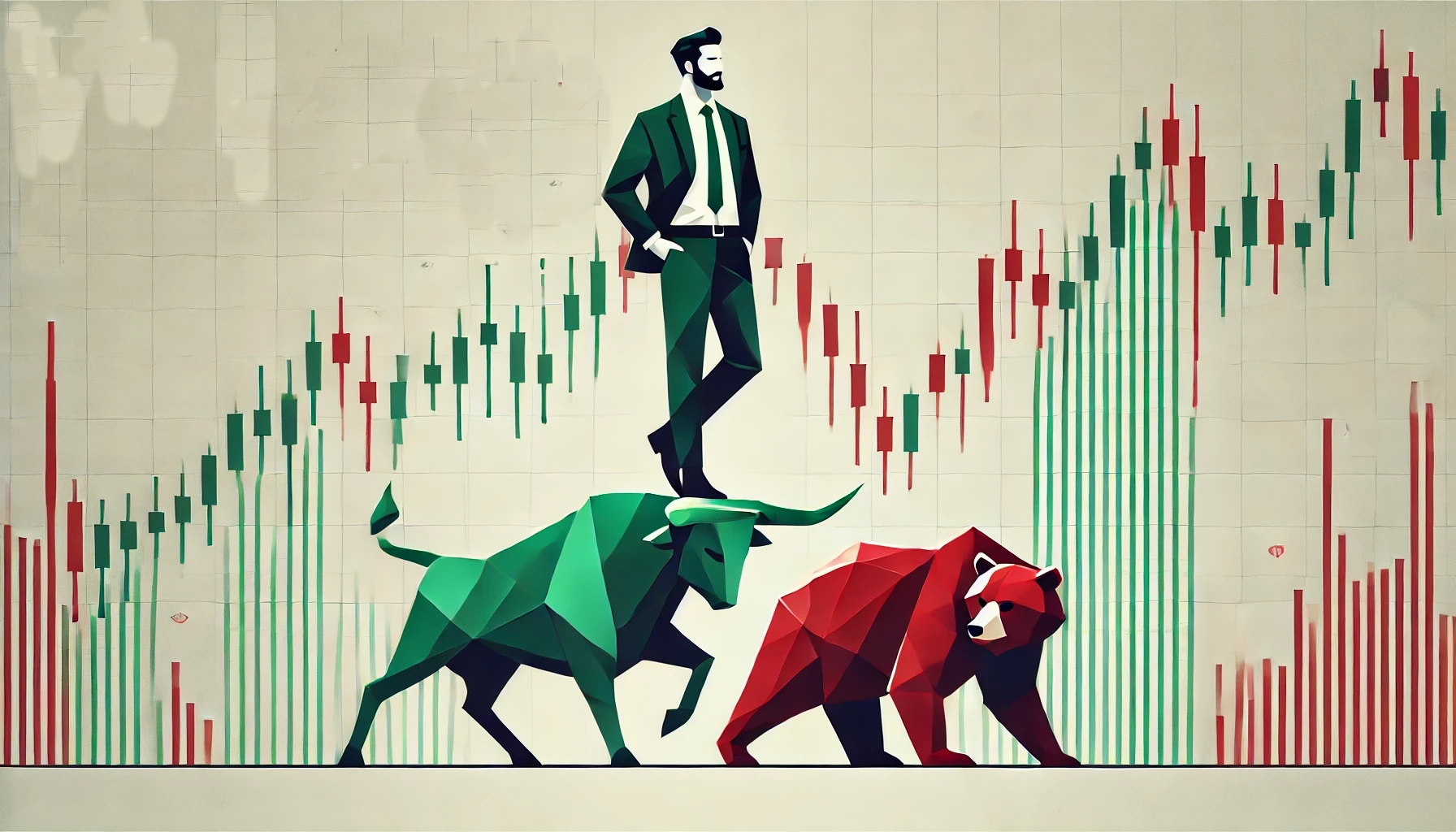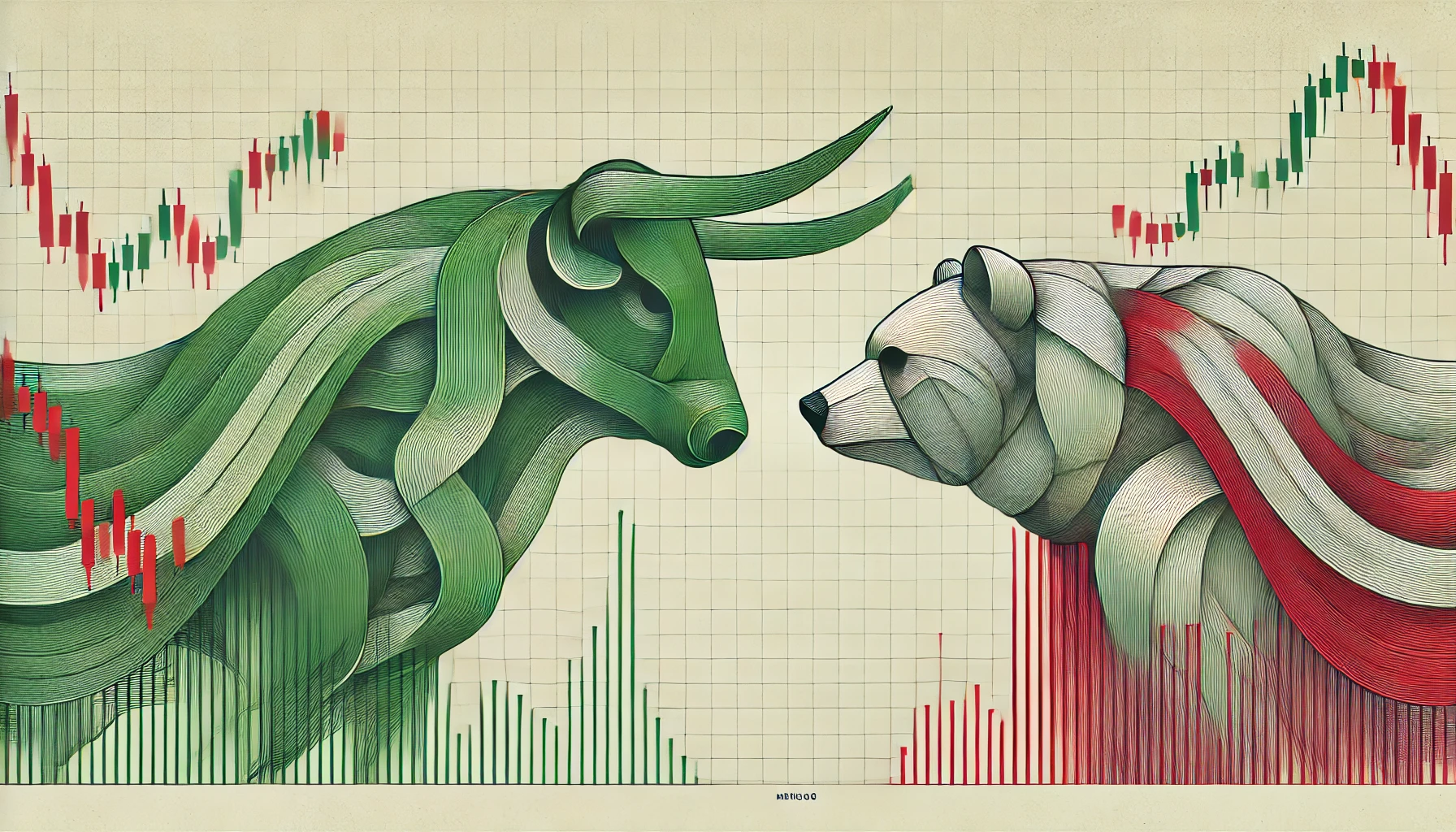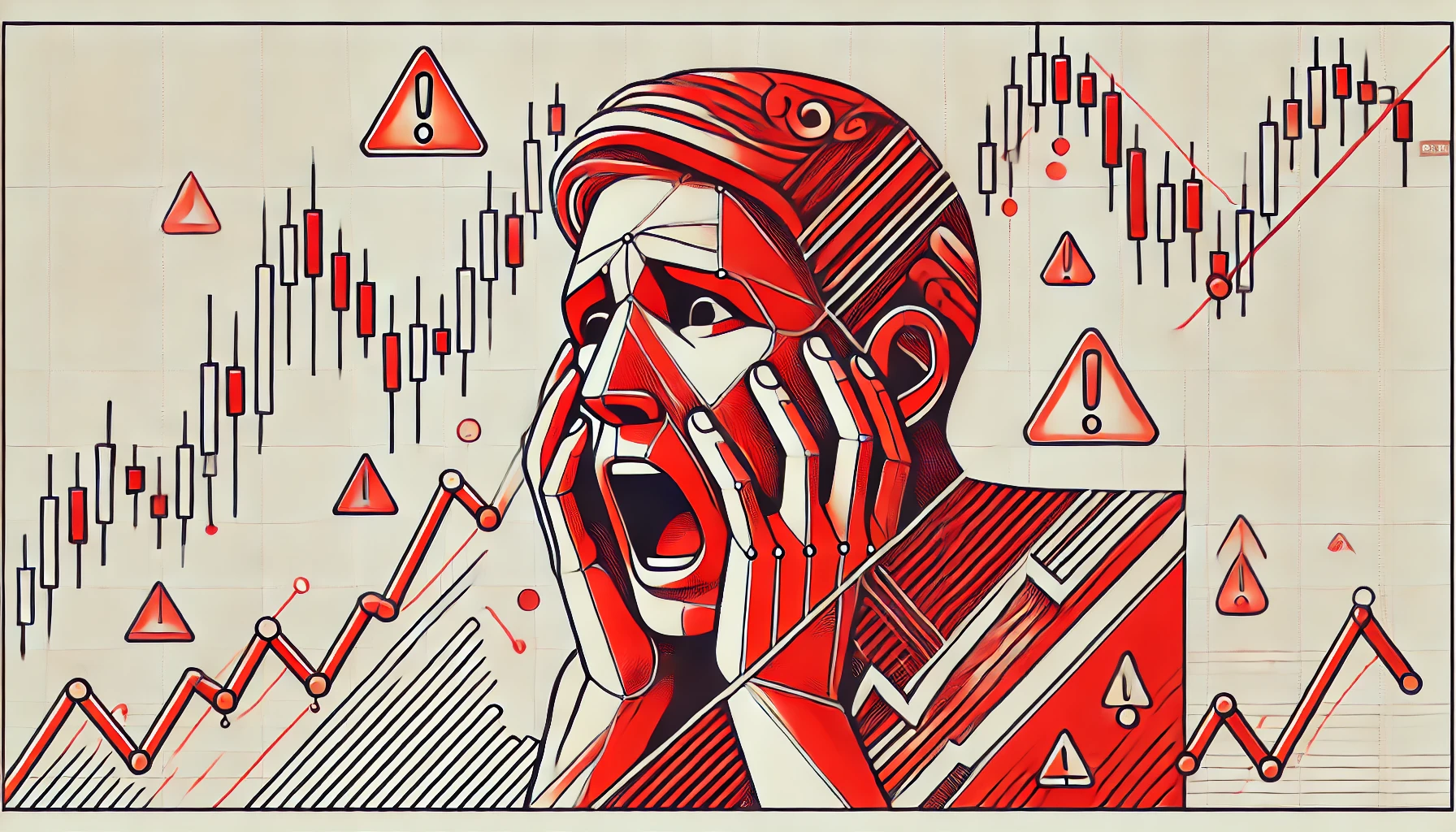Want to learn from the best traders in history? Let’s look at what they can teach us.
Some of the best trading wisdom comes from these important books:
- The “Market Wizards” series by Jack Schwager
- “Reminiscences of a Stock Operator” by Edwin Lefèvre
- Books by Dr. Alexander Elder about trading psychology
- Books by Nassim Nicholas Taleb about risk and uncertainty
- Books by Michael Covel about trading and market behavior
These books are valuable because they:
- Share interviews with successful traders
- Explain how to analyze markets
- Show how to manage risk
- Help understand trading psychology
Whether you’re new to trading or have been doing it for years, these books offer important lessons about:
- How markets work
- How to control your emotions while trading
- How to protect your money
- How to make better trading decisions

My Trading Journey
Let me share my small trading journey with you. When I started seven years ago, I made many mistakes. I traded based on feelings and hunches, which led to losses. These days, I keep things simple - I use basic rules to trade different markets like stocks and currencies. My computer follows these rules automatically to help avoid emotional decisions.
My results got better when I started following what successful traders teach - protect your money first, stick to your rules, and always keep learning. But I know markets can change anytime, and doing well in the past doesn’t mean I’ll do well tomorrow.
One big change has been feeling calmer about trading. The computer handles the trades based on tested rules, so I don’t worry about checking prices all day. This lets me focus on other important things in life.
I’ve learned that markets are like rivers - they flow their own way, and we can’t control them. They’re complex and always changing. Here are some helpful lessons I’ve picked up from studying great traders:
Market Philosophy
Markets are like the weather - you can’t predict exactly what will happen. Here are some important lessons from famous traders:
- Accept Uncertainty
- You can’t know for sure what will happen next
- Focus on what’s likely to happen
- Don’t try to predict every market move
- Understand Market Feelings
- Markets move up and down based on how people feel
- When people get too excited, prices often go too high
- When people get too scared, prices often go too low
- Watch Market Patterns
- Markets have different moods, like seasons
- Sometimes prices go up for a long time
- Sometimes prices go down for a long time
- Sometimes prices move sideways
- Focus on Good Habits
- It’s like playing sports - you can’t win every time
- Good habits matter more than single trades
- Keep following your rules even when it’s hard
- Think Long-Term
- Don’t try to get rich quickly
- Successful traders work for many years
- Small, steady wins add up over time
- Learn from Others’ Experience
- Study what worked for successful traders
- Learn from other people’s mistakes
- Find trading methods that fit your personality
Remember: Markets change all the time. Good traders accept this and stay patient. They know that trying to control the market is like trying to control the ocean - it’s better to learn how to swim with the waves.

These key principles can be summarized into essential tips that every trader should follow:
- Don’t bet everything on one trade - diversification protects your capital
- Keep learning and improving - markets are always evolving
- Stay calm when things get difficult - emotions cloud judgment
- Trust your trading plan - consistency beats impulse
- Take care of your money first - without capital, you can’t trade
Trading Psychology
The most sophisticated trading system is only as good as the mind operating it. History has shown this repeatedly - even legendary traders like Jesse Livermore ultimately failed when they let emotions override their proven strategies. Trading has two main emotional challenges:
- Following your trading rules when your feelings tell you not to
- Staying calm when you lose money
Two emotions cause the most problems: fear and greed. Fear makes you sell too early when prices fall. Greed makes you hold too long when prices rise. Understanding these feelings helps you control them.
Good traders build healthy habits:
- They write down their trades and feelings
- They make trading plans before the market opens
- They set clear money limits
- They review their trades weekly to learn from mistakes
Remember: Good trading is boring trading. It’s not about excitement - it’s about following your rules and protecting your money. Just like how a pilot follows their pre-flight checklist every time, successful traders follow consistent routines that may seem mundane but keep them safe.
Risk Management
Speaking of safety, risk management is one of the most crucial aspects of trading. Think of risk management like wearing a seatbelt when driving. It might feel unnecessary when everything is going well, but it can save you when something goes wrong.
Here are the basic rules good traders follow:
- Never risk too much money on one trade
- Most successful traders risk only 1-2% of their money on each trade
- This way, even many losses in a row won’t hurt them badly
- Always use stop-losses
- A stop-loss is like an emergency brake
- It automatically sells your position if you lose too much
- This protects you from big losses
- Don’t put all your money in similar trades
- If all your trades go up and down together, that’s dangerous
- Spread your money across different types of trades
- Compare possible gains to possible losses
- Only trade when you might make more than you could lose
- For example, risk $100 to possibly make $300
- Set a daily loss limit
- Decide how much you can lose in one day
- When you hit this limit, stop trading
Common Trading Mistakes to Avoid
Without a deep understanding of markets, strong trading psychology, and solid risk management principles we discussed above, traders often fall into costly mistakes. Many start with high hopes and enthusiasm but trade impulsively, risking too much money without proper safeguards. This common pattern of early losses reveals the critical mistakes that can derail both novice and experienced traders alike.
The biggest mistake is trading too much. It’s like trying to catch every fish in the sea - you’ll get tired and waste your bait. Good traders wait for the best opportunities.
Another big mistake is not using stop losses. A stop loss is like a safety net - it protects you when things go wrong. Trading without one is very dangerous.
Many traders also make this mistake: they put more money into losing trades. They hope the price will go back up. This is like throwing good money after bad. It’s better to take a small loss and try again later.
Trading without a clear plan is another frequent problem. It’s like starting a journey without a map. You need to know your entry points, exit points, and risk limits before you trade.
Emotions can be a trader’s worst enemy. Fear and greed often lead to poor decisions. Successful traders follow their trading rules strictly, no matter how they feel.

Here are more mistakes to avoid:
- Chasing the Market
- Don’t buy just because prices are going up fast
- Don’t sell just because prices are falling fast
- By the time you notice big moves, it’s usually too late
- Poor Record Keeping
- Write down all your trades
- Keep track of what works and what doesn’t
- Without records, you can’t learn from mistakes
- Taking Too Much Risk
- Don’t use too much borrowed money
- Don’t risk too much on one trade
- Don’t trade with money you can’t afford to lose
- Following Tips Without Research
- Don’t trade just because someone said to
- Always do your own research
- Understand why you’re making each trade
- Switching Strategies Too Often
- Pick one strategy and learn it well
- Give your strategy time to work
- Don’t jump between different methods
Remember: These mistakes have ended many trading careers. By learning from them, you can avoid the same painful lessons that others had to learn the hard way.
Key Points:
- Trade less often
- Always use stop losses
- Don’t add to losing trades
- Have a clear plan
- Control your emotions
- Keep good records
To avoid these common mistakes, successful traders develop systematic approaches that help minimize emotional decisions. By following clear processes and rules, you can trade more consistently and avoid many of the pitfalls we discussed above. Let’s explore how a systematic approach works in practice.
Systematic Approach
Just like a pilot uses a pre-flight checklist, traders need structured processes to follow. Here’s how successful traders create and follow their systems:
- Make a Daily Plan
- Write down your plan before the market opens
- Know exactly when you will buy and sell
- Don’t change your plan because of feelings or news
- Use a Checklist
- Check the same things every day
- Look at different time frames (daily and weekly charts)
- Follow your rules every time
- Keep Good Records
- Write down every trade you make
- Write why you made each trade
- Look back at your notes to learn from mistakes
- Test New Ideas Safely
- Try new ideas with paper trading first
- Paper trading means practicing without real money
- Only use real money when your idea works well
- Be Ready for Different Market Types
- Have a plan for when prices go up
- Have a plan for when prices go down
- Have a plan for when prices move sideways
- Check Your Results Weekly
- Look at what worked
- Look at what didn’t work
- Make small changes to get better
Remember: Good trading is about following your plan every day. It’s not about making quick decisions or following your feelings.
Tips for Success:
- Start small and learn from experience
- Keep your trading simple
- Follow your rules every time
- Learn from your mistakes
- Be patient
Technical Analysis
Having a systematic approach is important, but you also need the right tools to analyze the market. This is where technical analysis comes in - it’s like reading a map of the market that helps traders make better decisions about when to buy and sell.
Here are the main tools traders use:
- Price Charts
- Show how prices moved in the past
- Help traders spot patterns
- Come in different time frames (daily, weekly, monthly)
- Moving Averages
- Show the average price over time
- Help traders see the main trend
- When prices cross these lines, it might mean something important
- Volume
- Shows how many people are trading
- High volume usually means important price moves
- Low volume might mean traders are unsure
- Support and Resistance
- Support is like a floor - prices often stop falling there
- Resistance is like a ceiling - prices often stop rising there
- These levels help traders decide when to buy or sell
- Indicators
- Special tools that measure market strength
- Help traders spot good times to buy or sell
- Work best when used with other tools
Remember: No tool works perfectly all the time. Good traders use several tools together to make decisions. This combination of tools, along with the ability to adapt, is what separates successful traders from the rest.
Continuous Adaptation
The markets are constantly evolving, making adaptability one of the most crucial skills a trader can develop. Ray Dalio’s experience in “Principles” illustrates this perfectly. When he started trading, he thought he had found the perfect strategy. But then the markets changed, and his strategy stopped working. This taught him an important lesson - markets never stay the same.
Think of the market like a river:
- It’s always flowing and changing
- What works today might not work tomorrow
- You need to adjust how you swim with the current
Good traders check their work regularly:
- They look at their results every week
- They ask: “Is my strategy still working?”
- They make small changes when needed
They also watch how markets connect:
- When one market changes, others often change too
- For example, when oil prices go up, many other prices change
- Understanding these connections helps make better trades
New Tools:
- New trading tools come out all the time
- You don’t need to use every new tool
- Pick only the ones that really help you understand the market
Testing Your Ideas:
- Before using real money, test your ideas
- Use old market data to practice
- See if your ideas work in different market conditions
Important to Remember:
- Don’t change your main trading rules too often
- Make small changes when needed
- Keep your basic trading principles strong
- Test new ideas before using real money
Think of it like learning to cook:
- First, learn the basic recipes
- Then make small changes to improve them
- Keep what works, fix what doesn’t
- But don’t change everything at once
- Come back tomorrow with a fresh mind
Learning from Legends
Let’s look at what we can learn from some of the world’s best traders. These traders share their stories in Jack Schwager’s “Market Wizards” books. Their lessons can help any trader do better.
The Most Important Lessons:
- Find Your Own Way
- Every successful trader trades differently
- Some watch price charts
- Some follow the news
- The key is finding what works for you
- Protect Your Money First
- All great traders agree on this
- Protecting your money is more important than making profits
- As one trader says: “Take care of your losses, and the profits will take care of themselves”
- Never Stop Learning
- Markets always change
- Good traders keep learning new things
- They study both their winning and losing trades
- Keep a Trading Diary
- Write down every trade you make
- Write why you made the trade
- Write how you felt about the trade
- Read your notes later to learn from them
- Be Patient and Follow Rules
- Don’t rush into trades
- Follow your trading rules every time
- Breaking rules usually leads to losses
- Understand the Market
- Good traders are like good surfers
- They don’t fight the waves
- They learn to move with the market
Remember: These successful traders weren’t always successful. They made mistakes and learned from them. That’s how they got better, and that’s how you can improve too.
Key Tips from the Legends:
- Start small
- Learn from your mistakes
- Be patient
- Protect your money
- Keep good records
- Find what works for you
Did you find this content helpful?
Essential Trading Books
Want to accelerate your trading success? These carefully selected books have helped countless traders (including me) avoid costly mistakes and develop winning strategies:
- "Reminiscences of a Stock Operator" by Edwin Lefèvre
- The "Market Wizards" series by Jack Schwager
- "Incerto" series by Nassim Nicholas Taleb
- Mark Douglas's books about trading
- Books by Michael Covel about trading and market behavior
- "The Rule" by Larry Hite
- "Principles: Life and Work" by Ray Dalio
- "Trading for a Living" by Dr. Alexander Elder
- "Technical Analysis of the Financial Markets" by John J. Murphy
- "Technical Analysis of the Currency Market" by Boris Schlossberg
- Kathy Lien's books about day trading
Note: Some of the links above are Amazon.com affiliate links. If you made a purchase through them, I get a small commission at no extra cost to you.